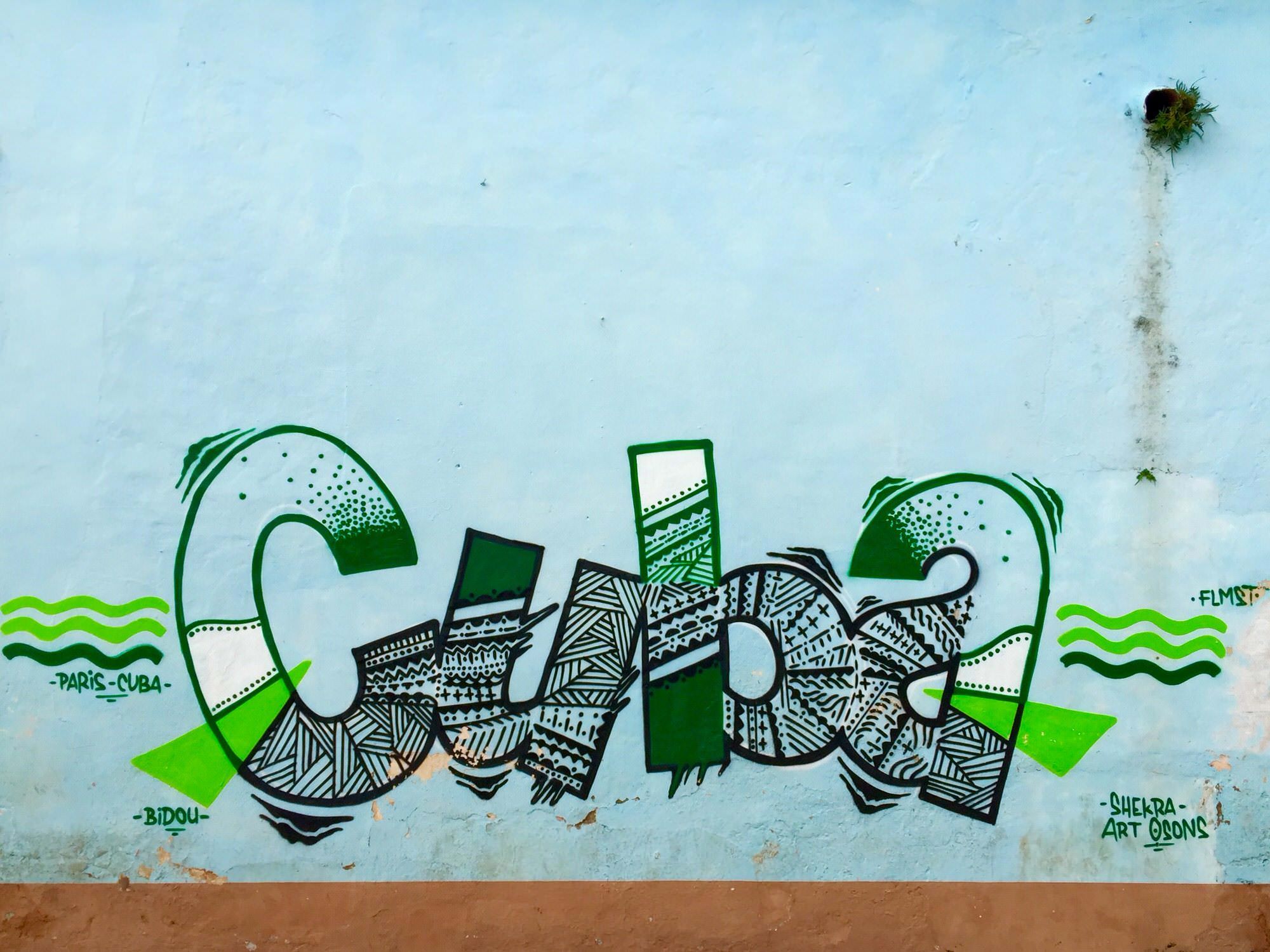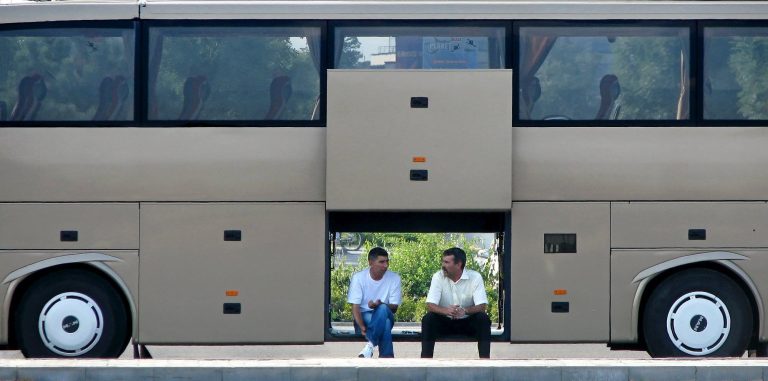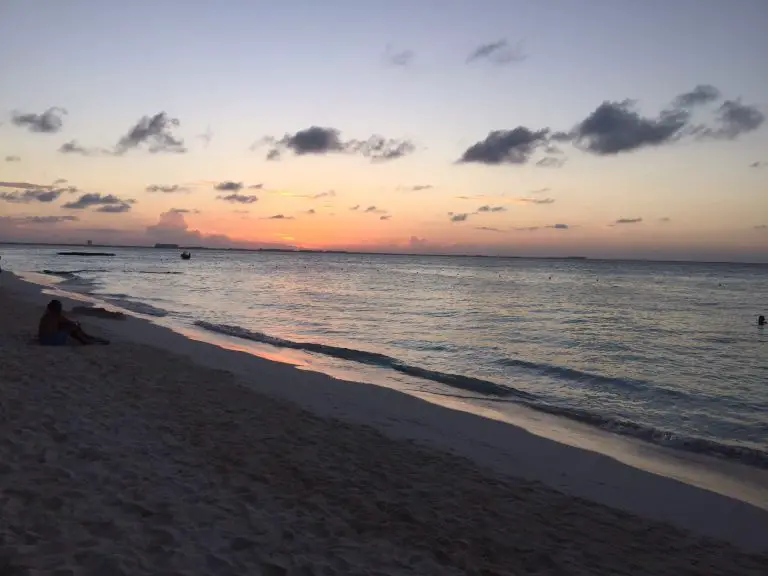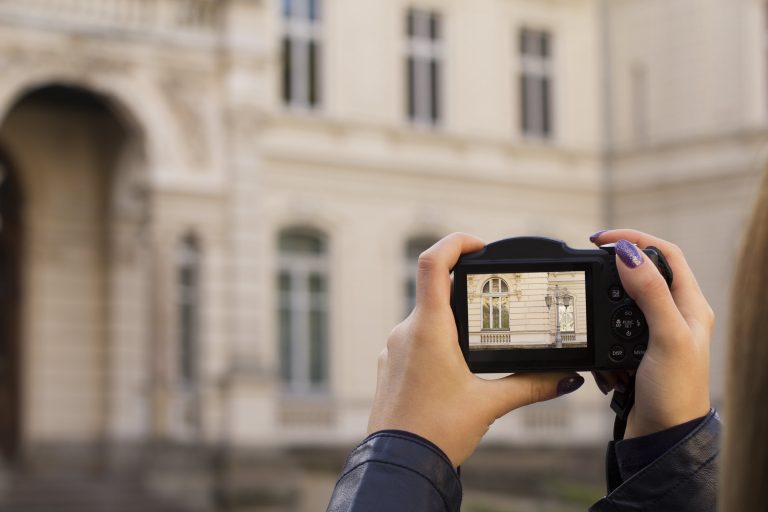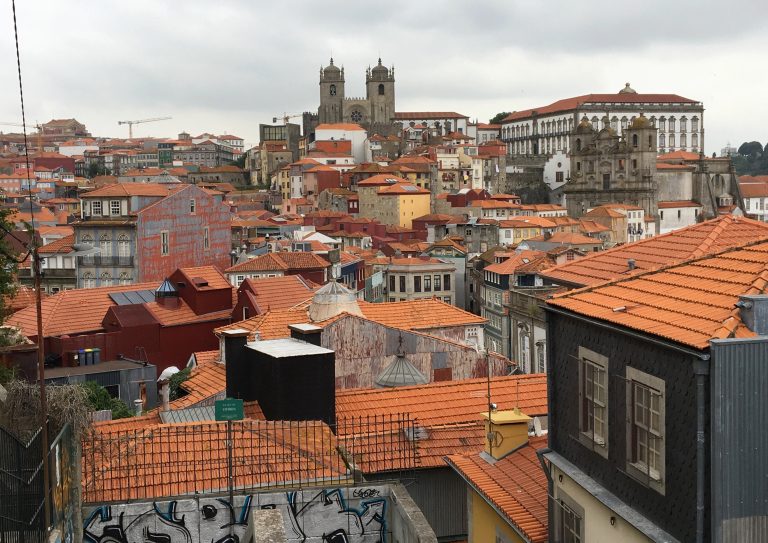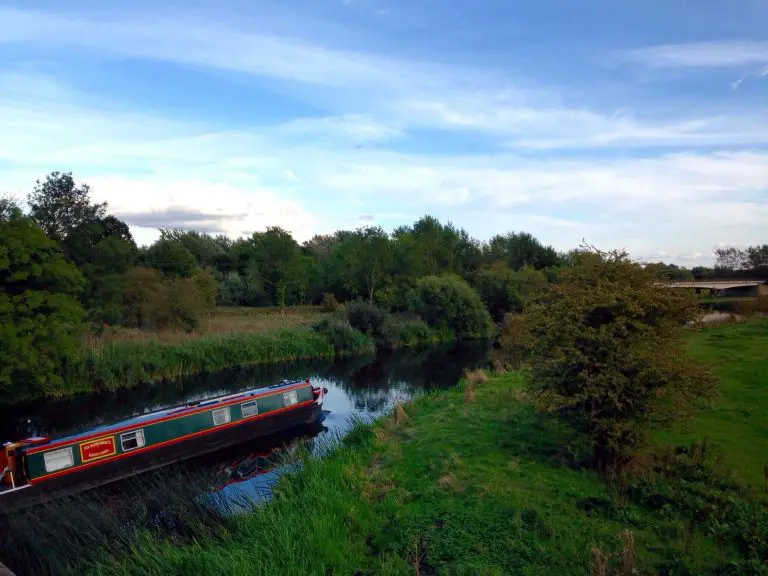Where to stay in Cuba: casas particulares
Travel is about people. However, your accommodation choices can limit how many people you meet: hotels tend to isolate, while hostels will help you meet travellers but won’t put you in touch with locals. In Cuba, staying in casas particulares will give you a taste of local life — quite literally, as many casas offer breakfast and dinner.
What is a casa particular?
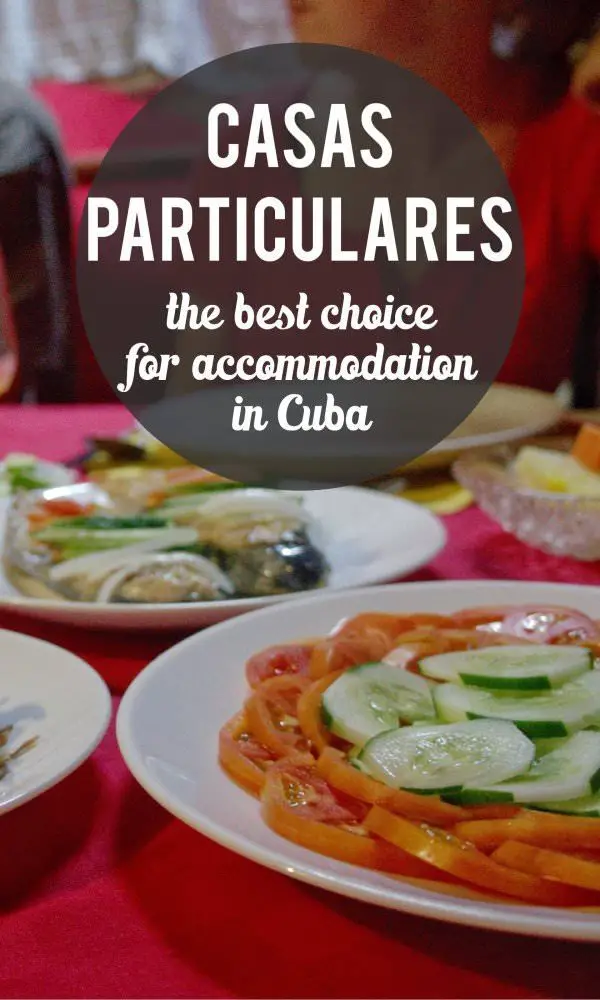
“Casa particular” means “private home” in Spanish, which is exactly what it is: local people rent out rooms in their house to travellers. It’s strictly regulated, and until a few years ago, getting a license was a long-drawn-out process that involved at least ten forms and a considerable cash outlay. Now, more licenses are available as part of Raul Castro’s reforms, and many more people are refurbishing their houses to make them suitable for paying guests. This is great, because tourism is increasing rapidly — high season can see full occupation in some towns.
Every room we stayed in had a private bathroom and two beds, usually one single and one double. Most casas had two rooms available, though we were told a few had up to five. You pay per room rather than per person; this means it’s great value for couples and groups of three, while people travelling alone might want to consider finding a travel buddy to save costs.
The going rate is 20-25 CUC per night. (Note: the Cuban convertible peso is pegged 1:1 to the US dollar, so 1 CUC = US$1.)
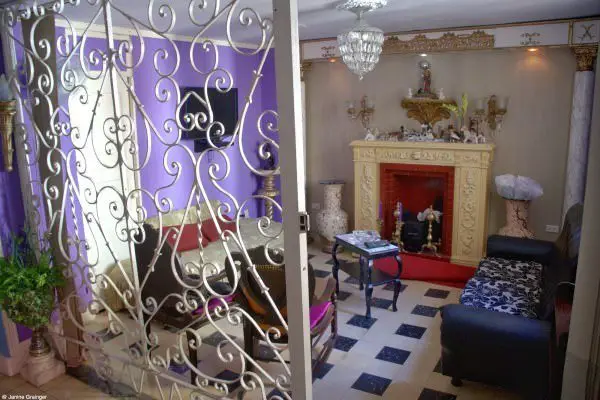
Food
We were always offered breakfast, at prices ranging from 3-5 CUC per person per day. When we declined the 5 CUC offer, our host lowered the price until we said yes (at 3 CUC). This was pretty good value for coffee, eggs, fruit, juice and bread, which is the standard offering, even if we could have put it together ourselves at a lower price. (Note: the Cuban convertible peso is pegged 1:1 to the US dollar, so 1 CUC = US$1.)
Some casas particulares also offer dinner for 7-12 CUC per person. If you’re staying more than one night, I’d recommend you eat at home at least once: the food is delicious and the price is comparable to what you’d pay at most restaurants. Plus, the money goes direct to your host, rather than to the government.
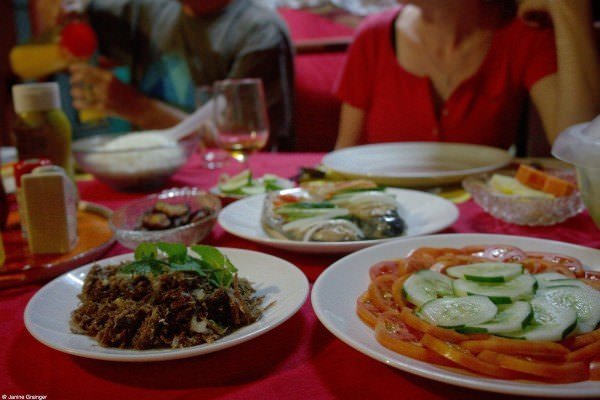
How to book
Most people in Cuba don’t have access to the Internet, so you probably won’t be able to reserve online. That said, we saw a few casas particulares listed on sites like Homestay.com, so it’s not unheard of. Personally, we were given a business card for a casa in Havana by a fellow traveller, and called to make a reservation.
Once you’re in Cuba and in a casa, your problems are over. Your host will happily call a friend, relative or contact in your next destination to reserve a room for you, which works out great for everyone involved: the contact gets a client, your original host increases the chance of his contact sending him clients in the future, and you get a room with very little effort. It’s a wonderful system.
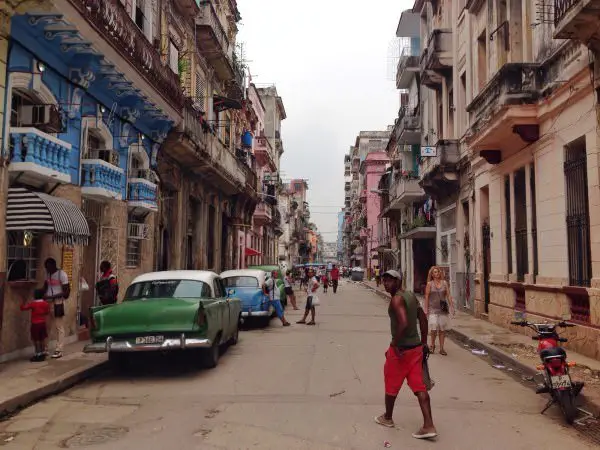
Paperwork
As soon as you arrive at your casa, you’ll be asked for your passport so your host can record your details in a log book and call to register you with the government. There are stiff fines for non-compliance, so make it easy for them! We generally paid when we left, but some hosts might ask for payment on arrival.
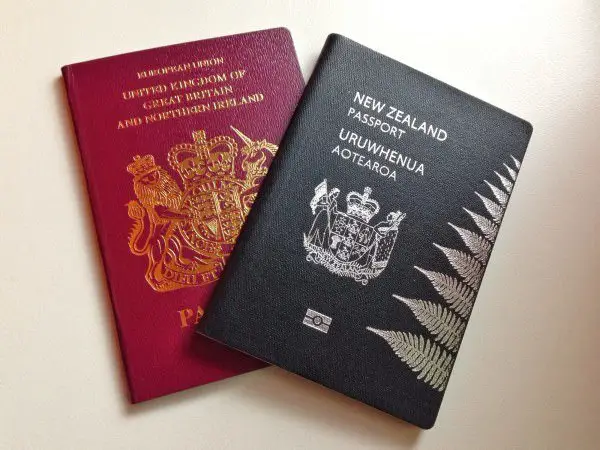
What if I don’t speak Spanish?
Everyone in Cuba studies English at school, so you might be able to get by in English. It’s worth learning a few key phrases in Spanish just in case, though:
- Hello: Hola (OH-la)
- Thanks: Gracias (GRA-si-ass)
- How much does it cost?: Cuánto cuesta? (KWAN-to KWES-ta)
- At what time?: A que hora? (ah KAY OH-ra)
- Breakfast: Desayuno (des-ah-YOO-no)
- Dinner: Cena (SEH-na)
- 1: uno (OO-no)
- 2: dos (DOS)
- 3: tres (TRESS)
- 4: cuatro (KWAT-ro)
- 5: cinco (SIN-ko)
- 10: diez (DEE-ez)
- 20: veinte (BEN-te)
- 25: veinte cinco (BEN-te SIN-ko)
- 30: treinta (TREN-ta)
Enjoy
Every experience in a casa particular will be different, just as every host is different. One thing’s for sure, though, you’ll have a great experience staying in Cuba‘s casas particulares.

